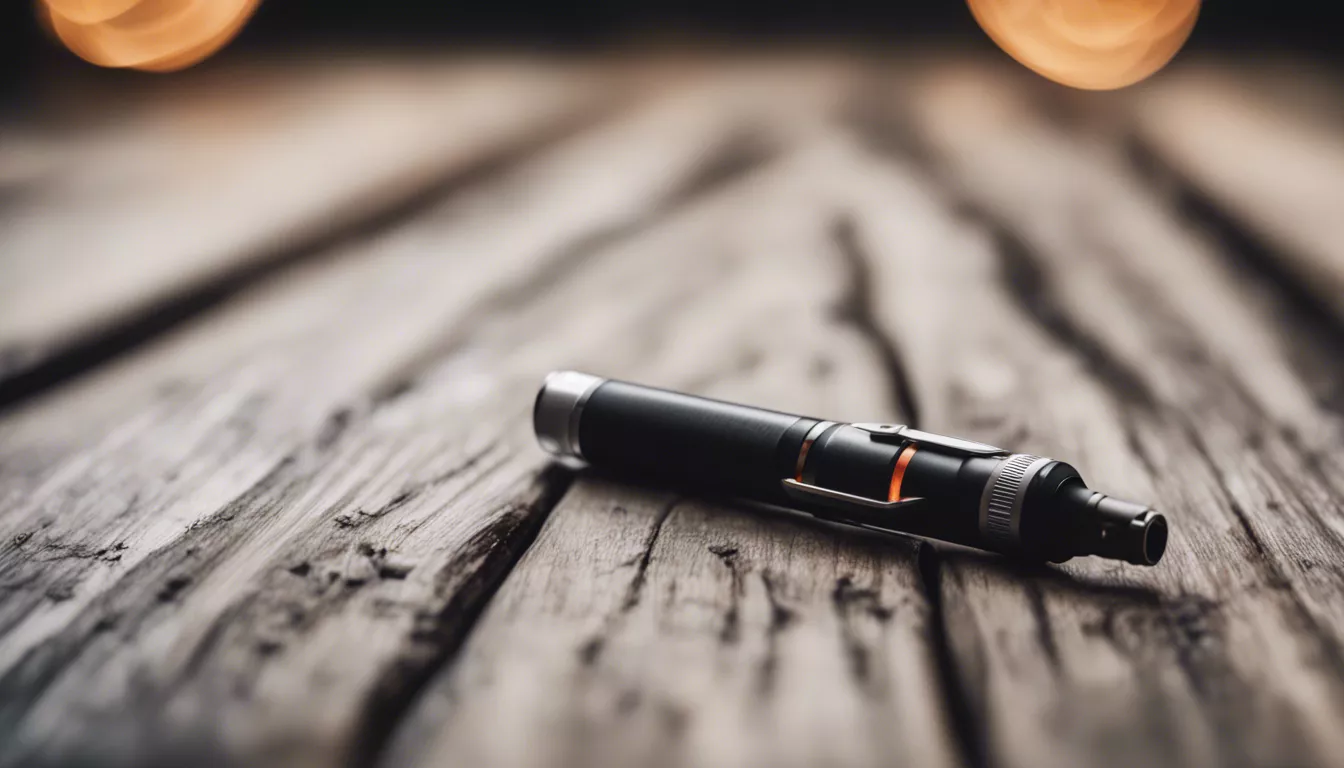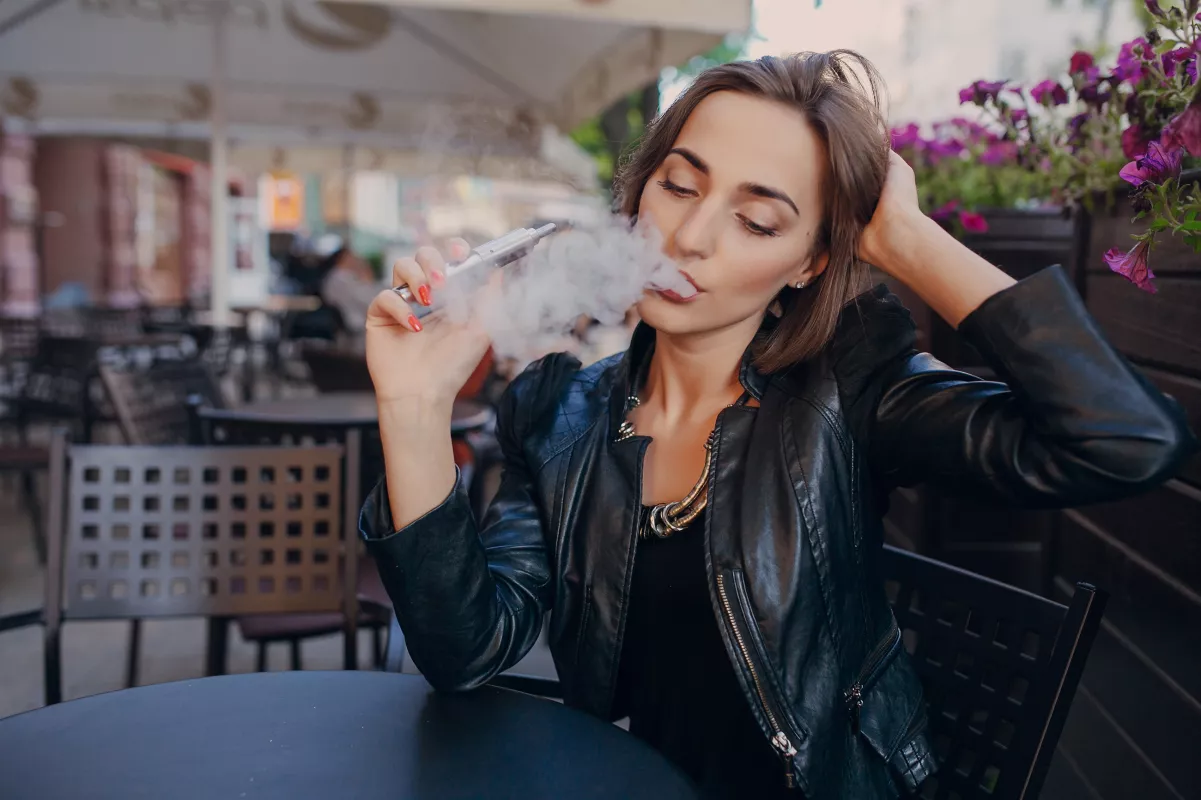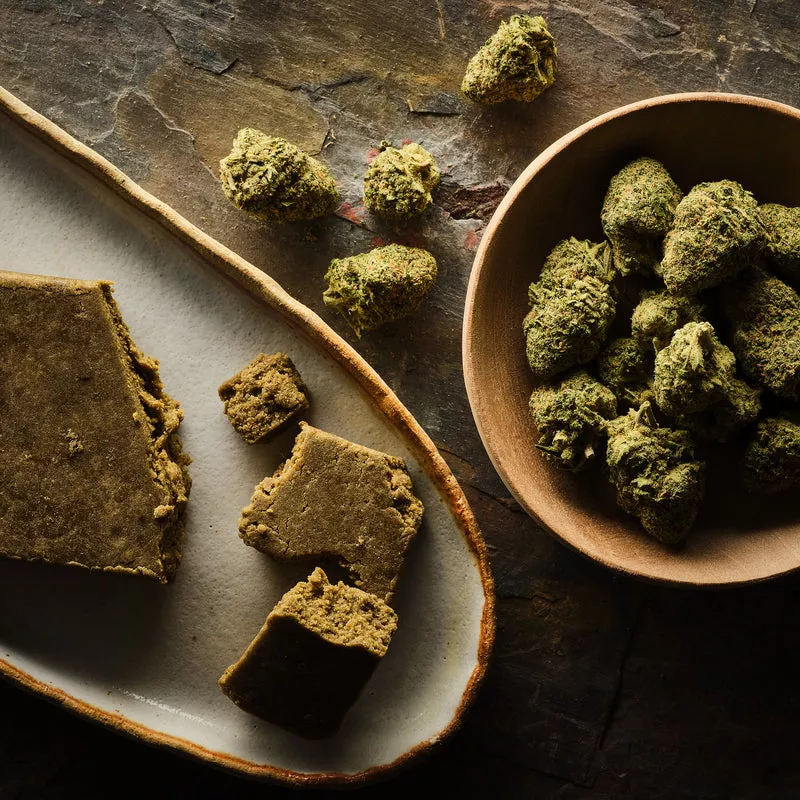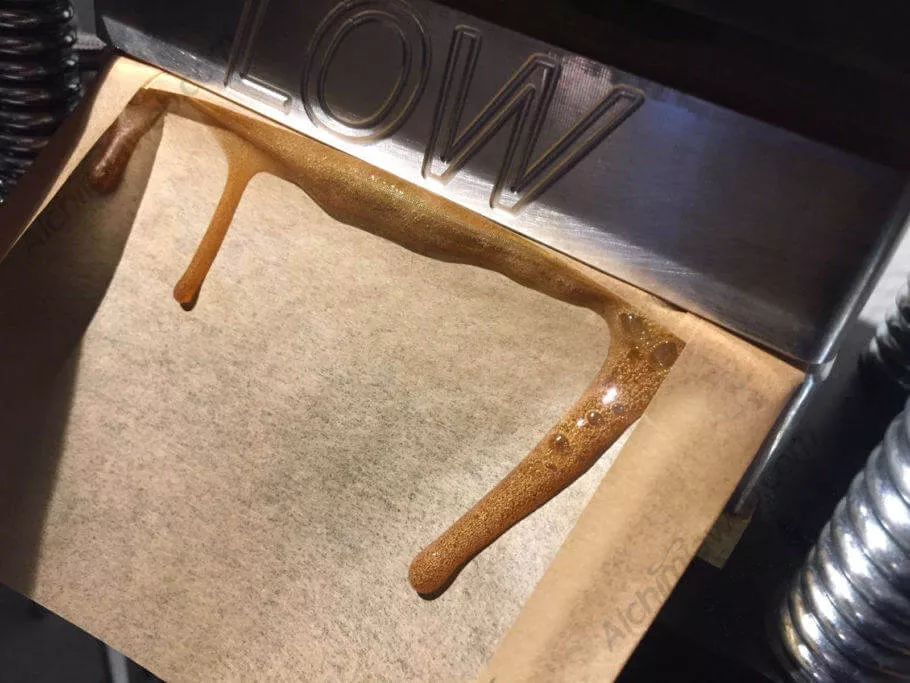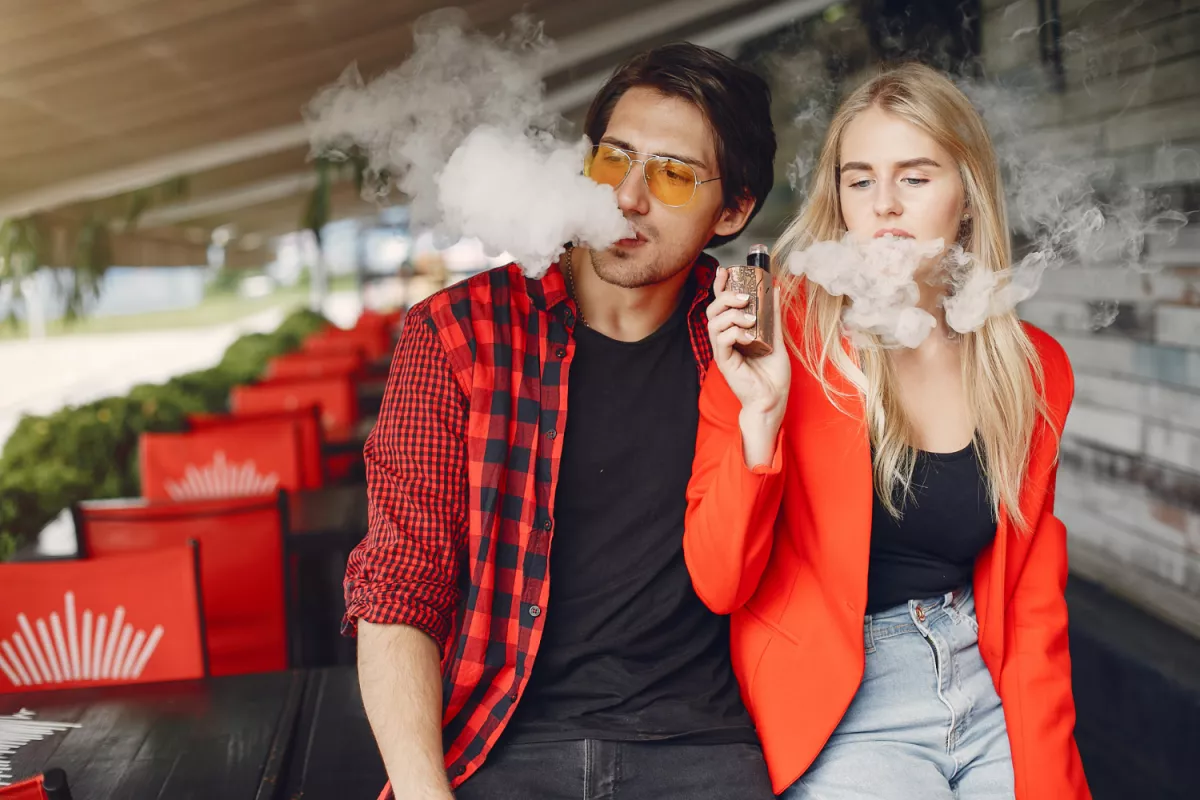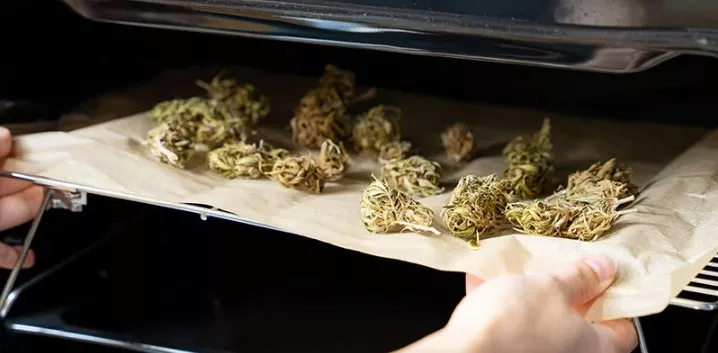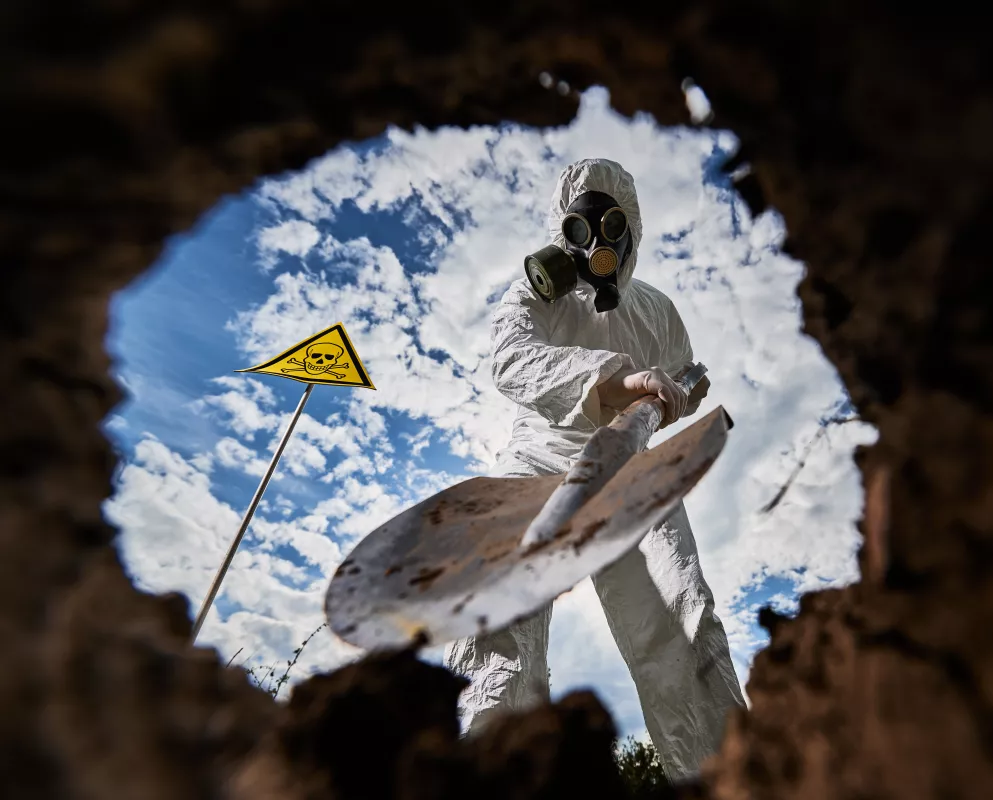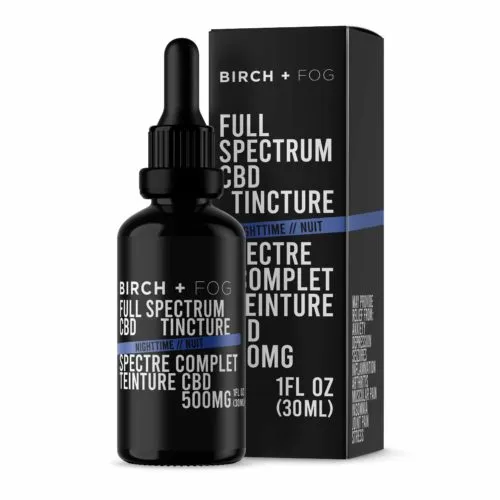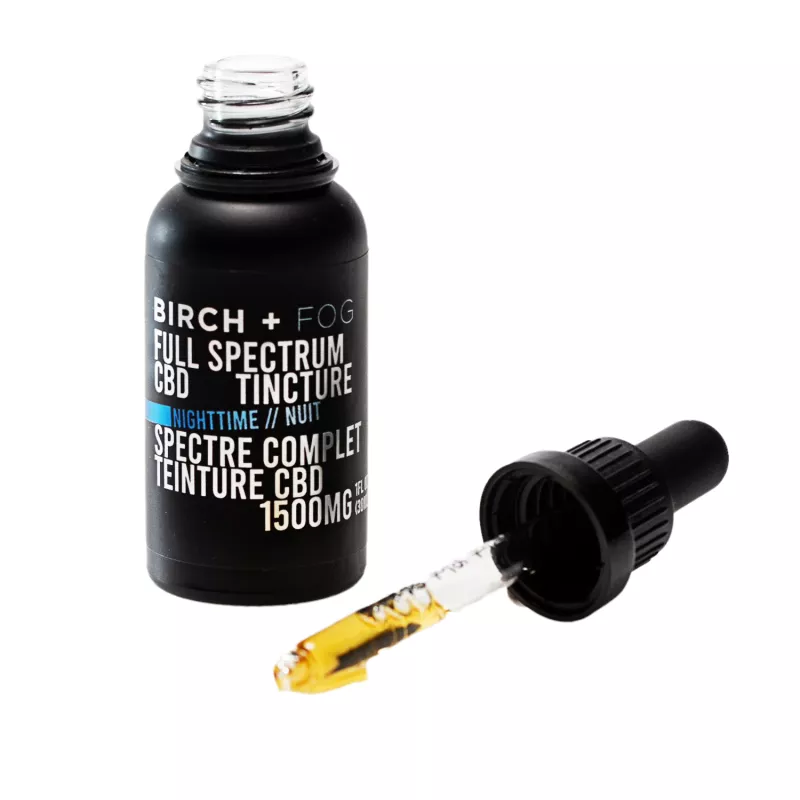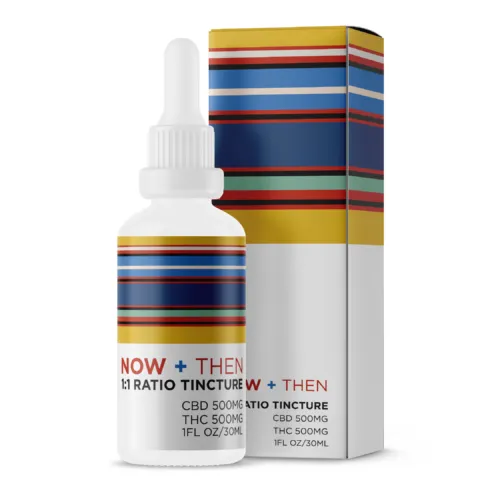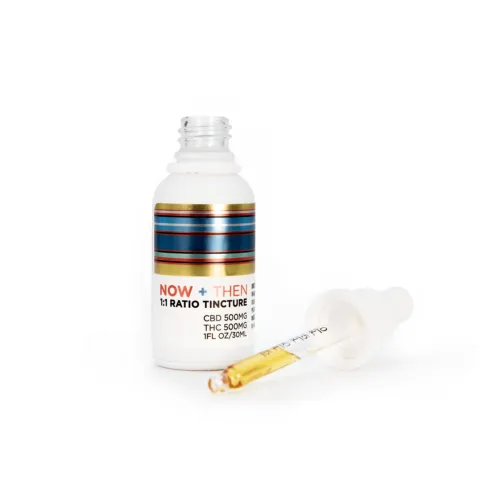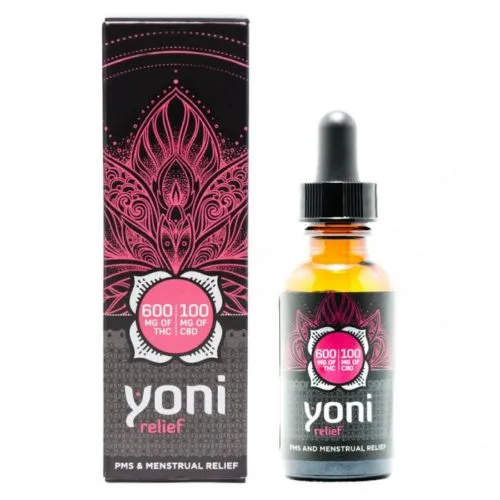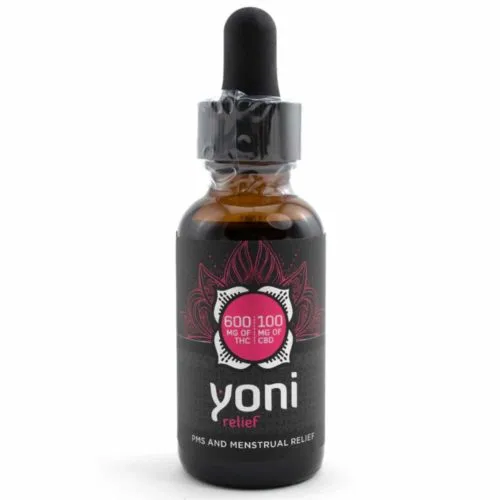- Shop All
- Type
- (144) THC>
- (75) CBD>
- Need
- Sleep>
- (21) Pain>
- (10) Anxiety>
- (6) Pets>
- (88) Edibles
- (14) CBD Edibles>
- (60) THC Edibles>
- (3) Ratio Edibles>
- (33) Hybrid Edibles>
- (87) Vegan>
- (5) Beverages>
- Strain
- (29) Indica>
- (24) Sativa>
- (47) Hybrid>
- (14) Tinctures
- (5) Anxiety Tinctures>
- (9) CBD Tincture>
- (1) Pain Tincture>
- (4) Ratio Tincture>
- (4) Sleep Tincture>
- (4) THC Tincture>
- (4) Capsules
- (1) CBD Capsules>
- (0) THC Capsules>
- (3) Ratio Capsules>
- Foggers
What are the Best CBD Tinctures in Canada?
Olivia St JamesMarch 11, 2022LatestContents
- What are the benefits of CBD tinctures?
- How to find a quality CBD Tincture?
- How much CBD is in the tincture
- Learn to calculate the potency of a CBD tincture
- Choose the type of CBD oil most convenient for you.
- Check for added ingredients in a CBD tincture.
- Recommended serving size
- Verify the expiration date in your CBD oil
- Best CBD Tinctures in Canada
- Full Spectrum Cbd Tincture | Night Time - Birch + Fog
- 1:1 Ratio Tincture - Now + Then
- Pms Relief Tincture - Yoni
- Final Notes
After Uruguay, Canada became the second country to legalize recreational cannabis. With the Cannabis Act of 2018, many CBD products became available. Today, you can buy from CBD oil tinctures to edibles like CBD chocolate to approach discomforts related to pain, stress, sleep problems, and more in a natural way.
Many CBD companies provide high-quality premium CBD oil in different CBD forms, giving better options to individuals to choose the best CBD tinctures for a more specific health issue.
This post will explain why CBD labeling is essential and how to understand it to help you choose from the best CBD tinctures in Canada.
What are the benefits of CBD tinctures?
CBD interacts with the endocannabinoid system, regulating the breakdown and binding to receptors CB1 and CB2 of the endocannabinoids anandamide and 2-archidonyl glycerol. Furthermore, CBD can also modulate other cannabinoids' like THC interaction with the ECS. As a result, CBD tinctures can help with a variety of health conditions, including:
- Sleep disorders
- Anxiety
- Depression
- Pain Reduction
- Neuroprotective Properties
- Cancer-treatment side effects
Additionally, CBD tincture benefits can be felt significantly faster compared to other CBD approaches. It reaches the bloodstream more quickly when taken sublingually since it avoids the digestive system, making it very effective. CBD tincture benefits can be experienced in less than 30 minutes and last up to 6 hours.
How to find a quality CBD Tincture?
We encourage you to do your research for the best CBD tinctures in Canada to truly reap the benefits of a high-quality CBD oil that adheres to quality standards and is evident in its label description.
One crucial point to know when reading CBD labels is the difference between hemp oil and CBD oil. Hemp oil refers to only seed extraction; hemp seeds hold healthy fats and nutrients: vitamin E, phosphorus, potassium, sodium, magnesium, sulfur, calcium, iron, and zinc.
CBD oil extraction is made with part of the plant that only includes; stalks, leaves, and flowers; this is where higher concentrations of CBD are found.
An essential list of descriptions to be found in CBD tinctures label are:
- The total amount of CBD in tincture
- CBD potency
- CBD type
- Additional ingredients
- Carrier oil
- Serving size
- Expiration date
How much CBD is in the tincture
In CBD tinctures and other CBD methods, you can find the total amount of CBD expressed in milligrams; this value does not account for CBD potency; for this, you must consider the container size.
Learn to calculate the potency of a CBD tincture
You can take the total amount of CBD in the tincture as potency or strength if all the tinctures you are looking at are the same size.
The potency of your tincture is calculated by dividing the amount of CBD in the tincture by the size of the bottle. For example, a CBD concentration of 500 mg divided by a 30 ml bottle is 16.66 mg of CBD per 1 ml. If the bottle size is 25 ml and the amount of CBD is the same 500 mg, then your potency per 1 ml is 20 mg, meaning potency is higher.
CBD: THC ratio tinctures are also available; ratio tinctures CBD to THC shows how much CBD is in a dosage relative to how much THC is in it. For example, a ratio of 1:1 means there is equal amounts of CBD and THC. While the 4:1 ratio means there is four times more CBD than one of THC. The amount of CBD and THC expressed in milligrams should also be indicated on the label.
Choose the type of CBD oil most convenient for you.
There are three types of CBD oil. When CBD oil is also extracted, other plant components are included in the extraction, including cannabinoids like THC, terpenes, and flavonoids; this is called a full-spectrum CBD oil.
Similar to a full spectrum CBD, broad-spectrum CBD oil also includes terpenes, flavonoids, and cannabinoids, with the exception of THC. When only CBD is present this is called Isolate CBD oil.
Additionally, cannabis oil is a type that is usually referred to as an extraction where a higher concentration of THC is found and less of CBD. Cannabis oil also offers the benefit of the “entourage effect.” THC, other cannabinoids, and terpenes presence also offer medicinal properties.
Check for added ingredients in a CBD tincture.
Is essential to know what benefits additional ingredients can offer for your health or adverse effects.
One of CBD tinctures' benefits is it contains very few ingredients, the carrier oil used in CBD oil is plant-based and the preferred carrier oil is MCT oil.
MCT stands for Medium-Chain Triglycerides, which have smaller molecules than most fats and are easier to digest. MCT oil is often manufactured from coconut oil, and it is quickly absorbed into the blood, providing energy to the body. Compared to an alcohol-based tincture, MCT oil aids in absorbing greater levels of CBD.
Other common carrier oils used are olive oil, hemp oil, and grape oil. In addition, ingredients like essential oils are found in CBD tinctures to add flavor like mint or lemon and ginger; these essential oils will also add health benefits worth experiencing along with CBD.
Recommended serving size
Graduated droppers are now more common in CBD tinctures, making it easier to measure the ml of CBD you wish to take. A recommended serving size should also be available on the label; this will vary from brand to brand. If it´s your first time taking CBD, begin with a small dose and gradually increase until you are comfortable with your CBD dosage.
The recommended serving size is a small guide for CBD dosage; you should know that the effects on consumers will vary. Weight, CBD tolerance, health, and more are factors that influence how much CBD you can take.
Verify the expiration date in your CBD oil
A CBD oil tincture shelf life is around one year or up to 2 yrs. Because of this is essential to take a look at the label of the CBD tincture, and check for its expiration date, a CBD tincture sitting for too long in a shop can say a lot about its quality.
Best CBD Tinctures in Canada
1 Birch + Fog | Full Spectrum CBD Tincture Night Time
Birch + Fog is a CBD firm established in Canada that specializes in CBD oil tinctures. We believe in a more natural approach to wellbeing.
All hemp-derived cannabinoids, terpenes, and flavonoids are included in our full-spectrum CBD oil for night time use. This CBD tincture is CO2 extracted to ensure that the oil is safe and of excellent quality. CBD can assist with pain, inflammation, sleeplessness, anxiety, depression, and other symptoms.
Pros
- Full Spectrum CBD oil
- CO2 extracted
- MCT oil
- Variety of strengths
- Formula for better night rest
Cons
- Not recommended to individuals sensitive to THC.
- As a full-spectrum CBD oil, you might still find a mild earthy flavor.
Highlights
- Birch + Fog adheres to the industry's highest quality standards, which we regularly monitor to ensure correct dosage and a pleasant experience for our customers.
2 Now + Then | 1:1 Ratio Tincture
Now + Then is a CBD Canada company dedicated to helping people improve their health via natural means.
Now + Then's 1:1 ratio tincture is a choice for pain treatment, sleep issues, and anxiety. A ratio tincture with an excellent CBD/THC ratio that splits the benefits 50/50.
Pros
- High-quality CBD and THC oil
- 1:1 ratio ( 500 mg of each)
- MCT oil
Cons
- You could feel mild psychoactive effects.
Highlights
- A pain-relieving combination of 500 mg CBD and 500 mg THC in MCT oil.
3 Natuur | Flavoured Full Spectrum CBD Tinctures
With Natuur flavored full spectrum CBD tincture, reap the benefits of the entourage effect and relieve symptoms of pain, anxiety, depression, sleep issues, and more. A fantastic CBD tincture that comes in two flavors: mint and lemon-ginger.
This full-spectrum CBD oil is also vegan, lab-tested, and 100 percent organic, plus it's incorporated with MCT oil for enhanced absorption.
Pros
- Full-spectrum CBD oil
- Organic
- Vegan
- MCT oil
- Lab Tested
- Two flavor presentation
Cons
- Not recommended for people sensitive to THC.
Highlights
- Mint and lemon-ginger are two fantastic flavors to choose from.
- 500 mg and 1000 mg dosages are available.
4 Yoni| PMS Relief Tincture
This relief tincture is specially formulated to help women manage pain associated with PMS and menstrual cramps. It contains a higher ratio of THC along with a supporting dose of CBD to target the cannabinoid receptors involved in pain modulation and muscle relaxation.
Additionally, this tincture blends supportive herbs known to naturally alleviate PMS discomforts, including organic cramp bark, elderberries, passionflower, organic red raspberry leaf, and organic motherwort.
Pros
- THC/CBD
- Organic blend of herbs to support PMS relief
Cons
- Specifically designed for PMS/menstruation relief
Highlights
- By addressing the physical discomfort through the synergistic effects of THC and CBD, this tincture aims to help women get through periods with greater ease.
5 Natuur| CBD Isolate Tincture
Natuur is a Canadian CBD firm that provides certified and organic tinctures. In addition, its CBD blends are vegan and cruelty-free, making it a top natural plant-derived product.
This CBD tincture is CBD Isolate, meaning there are no added terpenes or cannabinoids, an ideal THC-free CBD oil.
Pros
- Isolate CBD oil
- THC free
- Organic
- Vegan
- Lab-tested
Cons
- Isolate CBD products don´t benefit from the synergy of other components naturally present in Full spectrum CBD oils.
Highlights
- This CBD Isolate tincture by Natuur is hemp-derived and CO2 extracted.
- Blended in MCT oil for better delivery.
Final Notes
Now that we've reached the conclusion of this guide, you have essential points that can help you determine the best CBD tincture for you.
Also, as shared in healthline.com , there are other important information that you should know about CBD and not necessary find in the label but is becoming more and more available, and this is CBD side effects; headache, fatigue, diarrhea, dizziness.
CBD oil is considered safe, but not everybody´s health habits are the same nor the condition they want to treat with CBD; it's wise you consult your doctor and talk about CBD oil as your natural option to treat your health condition. If so, ask your doctor if CBD can interfere with any medication you are currently taking.
And remember that here at Birch and Fog, we have you covered with the best CBD methods and high-quality CBD oil available in Canada.
0/5 (0 Reviews)Latestfrom B+FBe the first to know about exciting new products, special events, seasonal offers, and much moreOur Collective
Wellness to your doorstepCopyright © 2024 All Rights Reserved | BIRCH + FOG[gtranslate]Save your cart?
x

